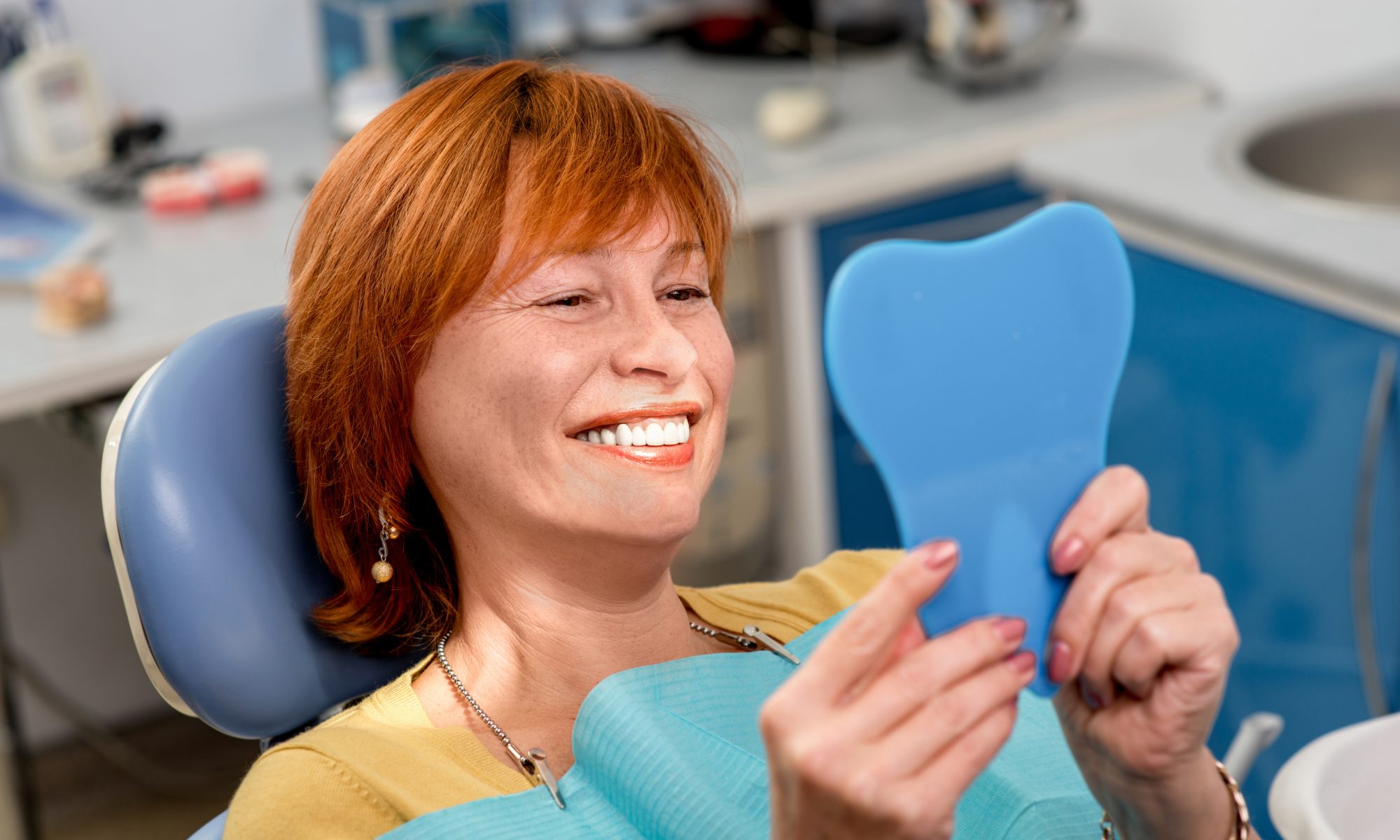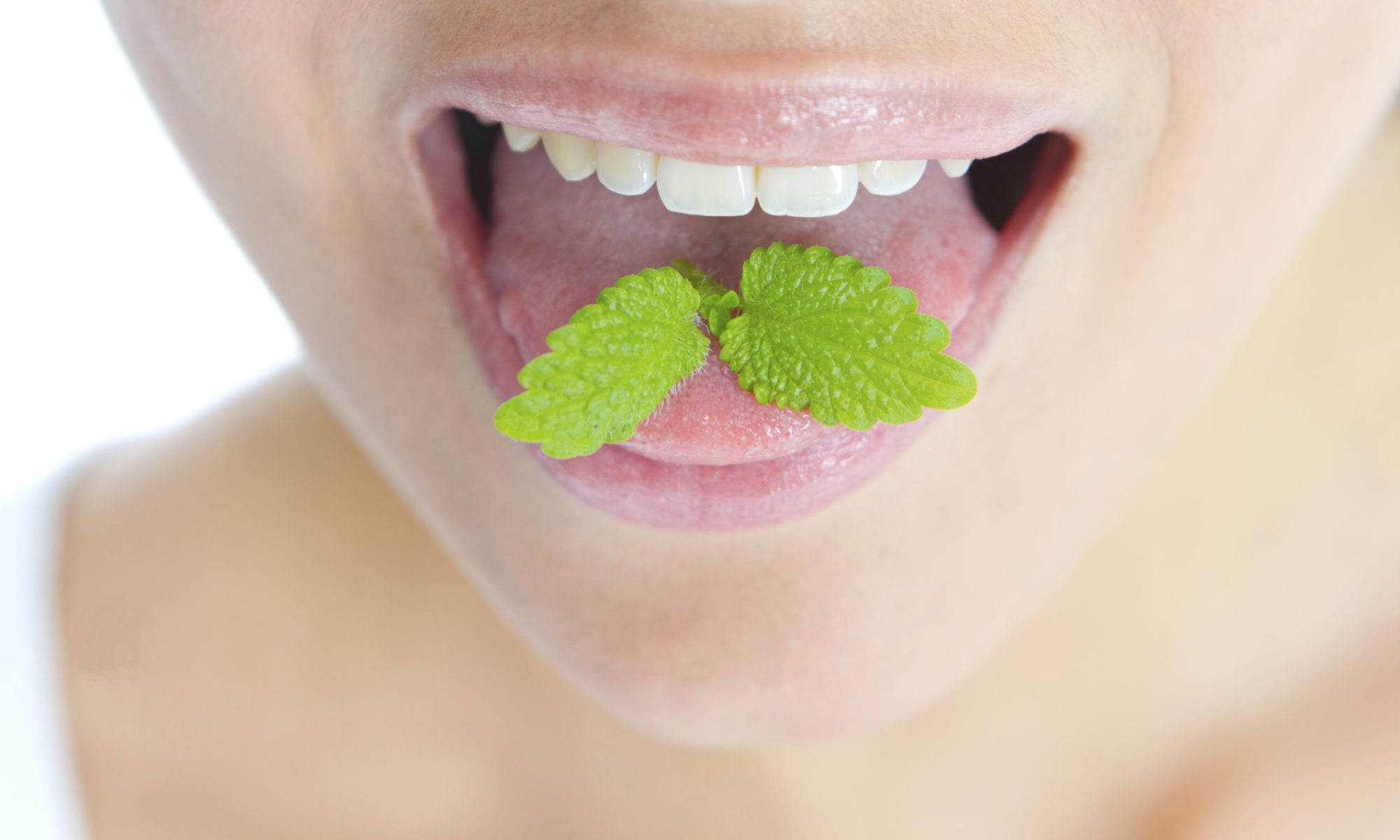The understanding and practice of oral care have undergone significant evolution with advancements in technology and scientific research, leading to improved dental treatments, diagnostics, and preventive strategies. Here’s how these advancements have shaped modern oral care:
Continue reading “Technological Advancements in Dentistry | Kenilworth Dentist”Unraveling the Differences Between Commercial and Private Dental Practices | Kenilworth Dentist
When it comes to oral health, the choice between a commercial dental practice and a private dental practice is a decision that many individuals face. Each type of practice has its unique set of characteristics, catering to diverse preferences and needs.
Commercial dental practices, often part of larger corporate chains, are characterized by their accessibility and widespread availability. These practices are typically found in bustling commercial areas, making them convenient for individuals seeking dental care amid their busy lives. With extended hours and walk-in appointments, commercial practices prioritize accessibility, aiming to accommodate a broad spectrum of patients.
Continue reading “Unraveling the Differences Between Commercial and Private Dental Practices | Kenilworth Dentist”How IV Sedation Can Help People Through Their Dental Anxiety | Kenilworth Dentist
If you experience a physical reaction to the idea of certain stimuli being triggered by going to the dentist, you may have dental anxiety. Dental anxiety is common among kids and adults alike. When dentists perform restorative procedures, there are typically a variety of sedation options available to the individual. The two main ones are nitrous oxide and intravenous (IV) sedation. The inhalation of nitrous allows a patient to relax, but IV sedation can guide the patient into a deeper relaxation and in some cases, lull them to sleep.
Whether someone has had a bad experience at the dentist or not, IV Sedation can help put you at ease when the need for a dental procedure arises.
The following are the benefits of utilizing IV sedation for sleep dentistry.
- Administration of the drug is provided by a ___ and tailored to the patient’s needs
- The results of IV sedation are reliable and the most effective means of sedation
- If you are particularly sensitive to your gag reflex, IV sedation will relax the reaction, but your dentist may recommend nitrous oxide
- In contrast to general anesthesia, IV sedation is safer and allows you to retain consciousness.
- Due to the amount of control, your practitioner has with the dosage of IV administered, your recovery time is shorter than with oral sedation.
Remaining consistent with your oral health in your daily life, as well as with regular check-ups, are the best way to avoid unfavorable experiences at the dentist. If you do enter into a restorative process, discuss your concerns with your dentist to see if IV sedation may be right for you.
For more information regarding dental exams, contact Drs. Freund and Waterloo today at 847-251-8990 or visit www.villagedentalpc.com.
Drs. Chad Freund and Cathy Waterloo proudly serves Kenilworth and all surrounding areas.
How To Make the Most of Your Dental Visit | Kenilworth Dentist
To make the most of a dental visit, we all know it’s important to brush and floss prior to the appointment, but we should also be using our time during the appointment wisely. Here are the things you should be keeping your dentist informed of to make the most out of your visit.
Share Health and Lifestyle Changes:
It may seem odd to consider your dentist an individual you need o keep up-to-date on your lifestyle habits or changes, but it can tell them a lot about how to best care for and advise your oral care routine. If you haven’t been totally honest about things like smoking or flossing habits, it’s important to begin sharing these things for your own ability to maintain your oral health.
If you make changes to your lifestyle, such as reducing or increasing medications or the consumption of coffee or nicotine, it’s important to let your dentist know. These seemingly nominal changes can have a huge impact on your oral health over time. The acid in coffee may weaken your enamel over time, whereas reducing consumption may allow it to remain intact. The potential impact of nicotine from cigarettes or chewing tobacco on your oral health is another important thing to share so your dentist can look for signs of change.
Discuss Your Concerns:
It’s important to remember that your dentist is on your team; they are open to answering your questions with knowledge and experience. If you have any concerns about your teeth, gums, or jaw, or are experiencing any pain it is important to share that with your dentist. It’s easy to turn to the internet for answers to these concerns, but lifestyle habits among other things are factors your dentist can consider with you. If any of the following apply to you, it is important to discuss them with your dentist before they potentially get worse:
- Bleeding gums
- Sores in the mouth that do not heal
- Sensitivity or pain
- Clenching your jaws
- Grinding your teeth
- Problems with brushing or flossing
For more information regarding dental exams, contact Drs. Freund and Waterloo today at 847-251-8990 or visit www.villagedentalpc.com.
Drs. Chad Freund and Cathy Waterloo proudly serves Kenilworth and all surrounding areas.
Good bacteria and harmful bacteria coexist, and certain behaviors can advance one or the other. In general, a good oral care routine and healthy eating will keep the harmful bacteria at bay without any serious issues.
Here are some things you should know about the bacteria that exist within your mouth.
Helpful Bacteria
lactobacilli bacteria can fight several kinds of harmful bacteria and may help restore a healthy balance in your mouth. This bacteria can be found in some types of chewing gum and people with gingivitis may be asked to use it every day by their dentist.
Streptococcus Salivarius helps suppress oral pathogens like Streptococcus Pyogenes and Streptococcus Pneumonia that cause infections and autoimmune disorders. It also provides immune support to help reduce symptoms of oral and respiratory viral infections while crowding out other potentially harmful oral pathogens.
Harmful Bacteria
Streptococcus mutans is specifically found on tooth surfaces and difficult-to-clean areas like pits and fissures on the teeth. It feeds on the sugars and starches you eat, leading to the formation of cavities. This bacteria is the main cause of tooth decay in humans because it produces enamel-eroding acids and thrives in a low pH.
Periodontitis is a serious inflammatory disease that affects the tissues and the alveolar bone that support the teeth. While this disease is caused by several types of bacteria, Porphyromonas gingivalis is strongly linked to it.
Even though the bacteria we carry with us doesn’t identify itself as helpful or harmful in ways we can easily identify, we can maintain a good oral care routine. The next time you consider skipping your twice daily brush and floss, consider the after effects harmful bacteria can have over time. It’s better to maintain your routine after a long day than navigate the treatment of resulting issues later.
For more information regarding dental exams, contact Drs. Freund and Waterloo today at 847-251-8990 or visit www.villagedentalpc.com.
Drs. Chad Freund and Cathy Waterloo proudly serves Kenilworth and all surrounding areas.
How Effective is Mouthwash for Oral Hygiene? | Kenilworth Dentist
Mouthwash may seem like an unnecessary step for one’s oral care routine, and it’s true that in general, you can go without it. Yet, mouthwash could be a great way to gain peace of mind, keep tarter buildup at bay, and make you feel fresh before starting your day. If you are particularly prone to cavities or have been advised this step may be a great addition to your routine, it’s worth investigating.
How does mouthwash work?
Incorporating mouthwash into your care routine can help prevent periodontal disease, and an extra helping of fluoride from a rinse can help keep a tooth that is prone to cavities clean. Mouthwash works to reduce the number of bad bacteria in your mouth that cause plaque, and later cavities, to form. Mouthwash will also freshen your breath, so if you give your mouth a rinse before your next date night or important meeting, it’s certainly not going to work against you.
Can my child use mouthwash?
As a general rule, children under the age of six should not use mouthwash, as their risk for consumption rises. Once your child has developed the ability to properly swish and rinse their mouthwash, is when he or she can begin using it with supervision. Additionally, parents should opt for child-friendly washes to make the transition into using it more fun, and so it doesn’t potentially harm them if they do accidentally swallow it.
Which ingredients should a mouthwash have?
The active ingredients in mouthwash are what allow the advertisements to claim their value. Bacteria-fighting ingredients such as cetylpyridinium chloride, zinc gluconate, or quaternary ammonium are the three most common ones. Each of them works to provide the preventative benefits you’re looking for.
Are natural washes effective?
Fluoride can be a controversial mineral, with opinions split over its effectiveness, and potential to harm oral health rather than aid in protecting it. Whatever someone’s reasoning, fluoride isn’t necessary. Natural mouthwashes utilize essential oils or ingredients such as garlic to act as an astringent and have been proven effective at preventing gum disease and reducing bad bacteria.
For more information regarding dental exams, contact Drs. Freund and Waterloo today at 847-251-8990 or visit www.villagedentalpc.com.
Drs. Chad Freund and Cathy Waterloo proudly serves Kenilworth and all surrounding areas.
Are You Scared of the Dental Exam Chair? | Kenilworth Dentist
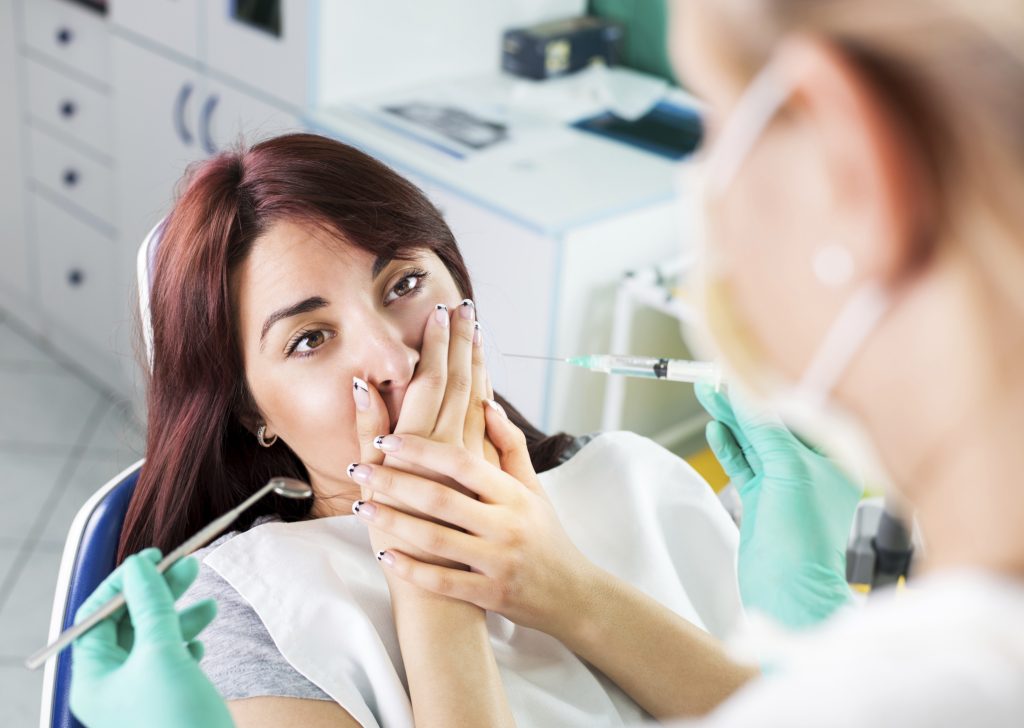
As we embark on 2023, many of us sit and contemplate changes we want to make for our new year. And for many, this involves health changes. And in the new year, we make appointments for checkups to kickstart the new year. But are you making time for your smile as well?
The good thing about returning to the dentist after a long hiatus is that the encounter is going to be virtually painless. Are you skeptical? Well, the goal for this visit is to get to know you and your oral health. So… What are you to expect?
When your appointment begins, your dentist is going to do is ask about your health history. It may seem intrusive because dentists focus on oral health, but a lot of issues can be determined orally, so it’s important that everyone is on the same page when it comes to your general health.
Next, will be x-rays. They’re necessary in order for your dentist to monitor your bone & jaw health. If you have recent ones, bring them with you to bypass this step. But prepare to have them done. A cleaning comes next in order to help see any issues, like chips and cavities that may be developing due to your daily oral care or other health issues.
Now it’s your turn to ask the questions. Take this time to discuss any questions or concerns you have going forward. They will have the best ideas about how to treat any issue they find necessary and prepare you for any surgeries that may need to take place.
So, as you can see, it isn’t bad to think about your oral health in the new year. All it takes is an appointment.
For more information regarding dental exams, contact Drs. Freund and Waterloo today at 847-251-8990 or visit www.villagedentalpc.com.
Drs. Chad Freund and Cathy Waterloo proudly serves Kenilworth and all surrounding areas.
We Have Revolutionized Your Dentist Appointments | Kenilworth Dentist
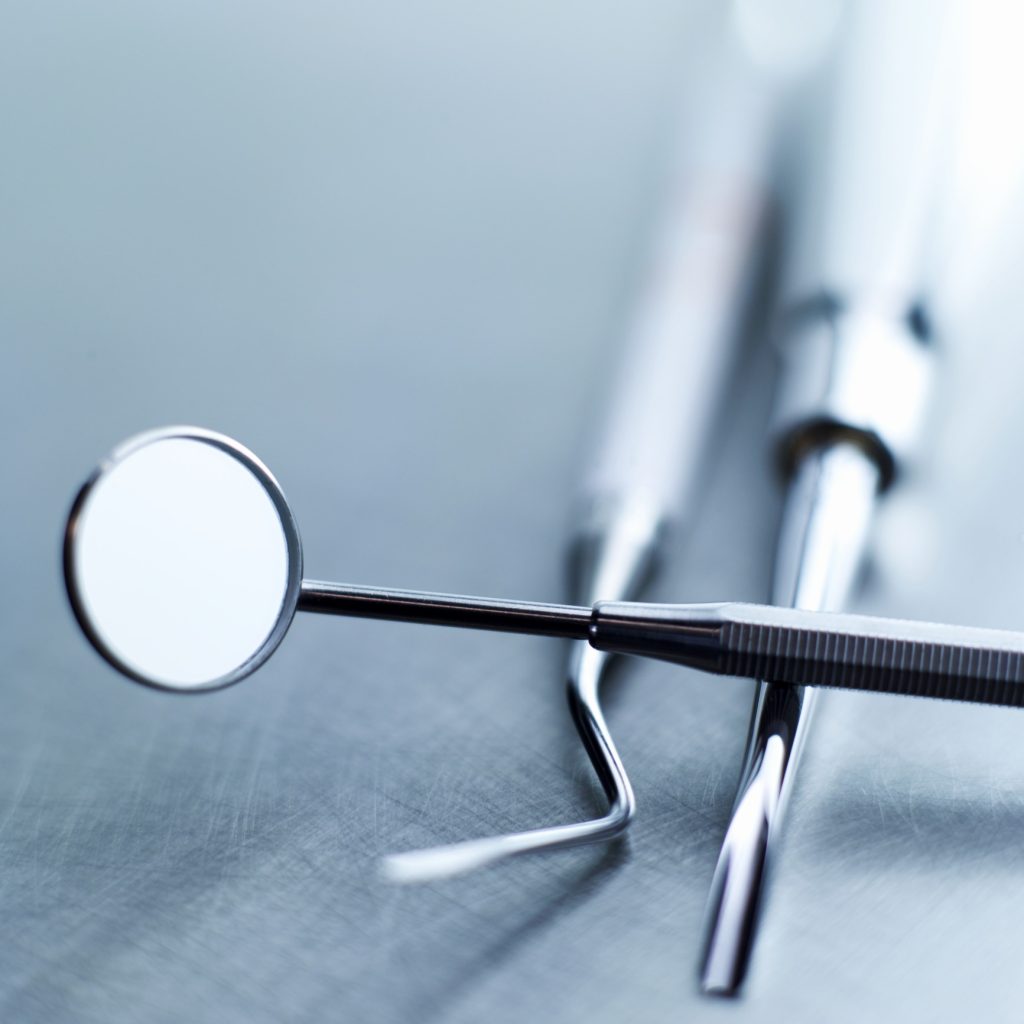
Did you know that our practice was among the first to add a 3D extraoral imaging system to its office, revolutionizing patient treatment and perfecting the way the practice treats oral infections? The Sirona GALILEOS 3D CBCT Scanner enables us to obtain low radiation dose, high-resolution, three-dimensional images, as well as panoramic images.
With the addition of this state-of-the-art 3D unit, our practice will greatly improve its level of patient care. Three-dimensional technology allows doctors to better visualize their patients’ dentition, without having to send patients for radiology scans. Viewing an unprecedented level of anatomical detail helps us diagnose more accurately and treat with confidence. The Sirona GALILEOS 3D CBCT Scanner will transform dental imaging in the same way that CT scans have changed the medical field, in terms of care through better visualization.
This unique “two-in-one” system (3D and panoramic) is well suited for dental professionals who regularly perform complex diagnostic, restorative, surgical, and endodontic procedures. The highest resolution imaging capabilities provided by this unit will enable Drs. Waterloo and Freund to detect lesions with more accuracy. This breakthrough technology provides unprecedented x-ray views of the oral cavity.
Periapical and panoramic radiography have been augmented by the recent introduction of high-resolution cone beam computed tomography (CBCT), allowing 3D assessment of oral lesions, canal morphology, retreatment cases, root fractures, implants, and so forth. The Sirona GALILEOS 3D CBCT Scanner uses less radiation than other systems, radiating only one small area of view at a time. Comfortable patient positioning and wheelchair accessibility make this unit patient friendly. The system enables us to perform a wider range of diagnoses and treatments in the office, helping reduce multiple visits, saving patient’s time and making the treatment more affordable.
For more information regarding 3D imaging, contact Drs. Freund and Waterloo today at 847-251-8990 or visit www.villagedentalpc.com.
Drs. Chad Freund and Cathy Waterloo proudly serves Kenilworth and all surrounding areas.
Why You Shouldn’t Be Eating Popcorn with Braces | Kenilworth Dentist
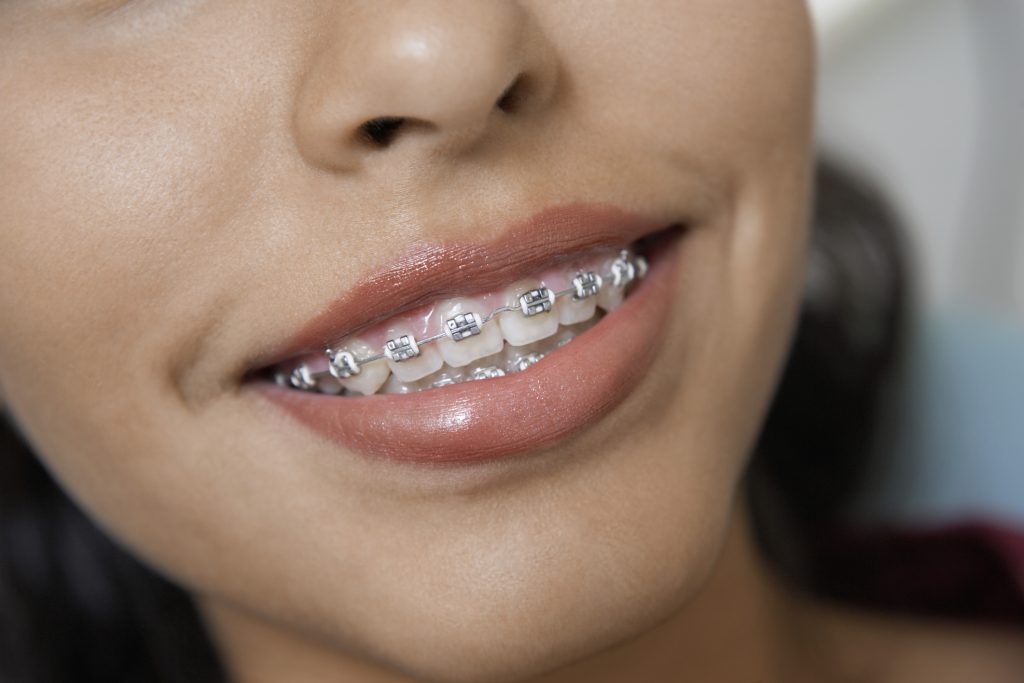
It’s a staple to every movie night. During the holidays, they’re shaped into a ball with things like caramel or marshmallow. It’s delicious and somewhat healthy, depending on the way you consume it. Yes, I’m talking about popcorn. Those tiny kernels of goodness are a favorite during the autumn season, but there is a sector of human that can’t enjoy this fluffy treat – people with braces.
Yes, for our patients receiving orthodontic care, there is a list of foods that aren’t going to be best during this time. But there is a reason popcorn isn’t good for our patients with braces – the corn hull. Popped corn hulls are the leftover parts of corn seeds, which get hard and stay in popcorn kernels after the popcorn is popped. These hulls can easily become trapped in between your braces and your teeth, and very difficult to remove.
Hard or crunchy foods are off limits during this time has a double component you need to watch out for. Damaging your braces is easy when the foods you eat are hard. Not only can you bend the wires, but you can snap off the brackets, which means an additional trip to the orthodontist. And when food gets stuck in between your braces, it can cause tooth decay and cavities. Dental hygiene is imperative with braces.
The good news is that there are lots of delicious snacks you can enjoy while your teeth get straightened out. And they are arguably much more fun to eat:
- soft baked cookies, muffins, and baked goods
- baked (not fried) potato chips
- soft crackers
- cheese slices
- baked kale or carrot chips
- veggie sticks
- yogurt
- strawberry, pear, banana, or other soft fruit slices
- hard-boiled eggs
- soft pretzels
- soft chocolate
For more information regarding snacks with braces, contact Drs. Freund and Waterloo today at 847-251-8990 or visit www.villagedentalpc.com.
Drs. Chad Freund and Cathy Waterloo proudly serves Kenilworth and all surrounding areas.
Heavy Is the Head Who Wears the Dental Crown | Kenilworth Dentist
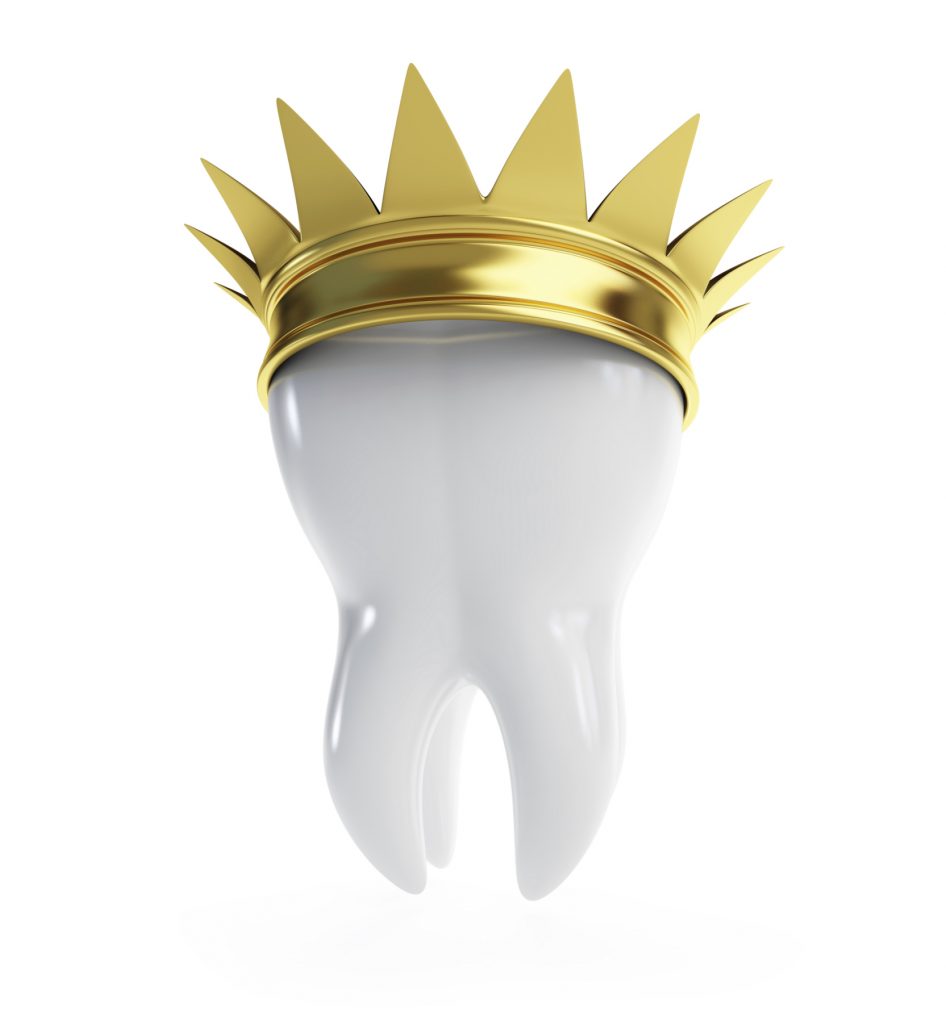
We all have the desire to have a gorgeous smile. Unfortunately, most of us weren’t born with one; we need some help from our dental staff. The good news is that there are many options available to improve our smile. If they’re dingy, we can get a good cleaning and whitening treatment. If we’re missing teeth, we can get replacements like dentures or implants. When it comes to tooth decay, a simple option for teeth is a dental crown. Not familiar? Here is a quick rundown of the basics. If you find this is the option for you, it’s time to make a dental appointment for a consultation to get that smile you’ve been dreaming of.
Crowns are a cosmetic restoration used to improve your tooth’s shape or to strengthen a tooth. Crowns are most often used for teeth that are broken, worn, or have portions destroyed by tooth decay.
Crowns are “caps” cemented onto an existing tooth which fully cover the portion of your tooth above the gum line. In effect, the crown becomes your tooth’s new outer surface. Crowns can be made of porcelain, metal, or both. Porcelain crowns are most often preferred because they mimic the translucency of natural teeth and are very strong.
Crowns are often preferable to silver amalgam fillings. Unlike fillings which apply metal directly into your mouth, a crown is fabricated away from your mouth. Your crown is created in a lab from your unique tooth impression which allows a dental laboratory technician to examine all aspects of your bite and jaw movements. Your crown is then sculpted just for you so that your bite and jaw movements function normally once the crown is placed.
For more information regarding bad dental habits, contact Drs. Freund and Waterloo today at 847-251-8990 or visit www.villagedentalpc.com.
Drs. Chad Freund and Cathy Waterloo proudly serves Kenilworth and all surrounding areas.

